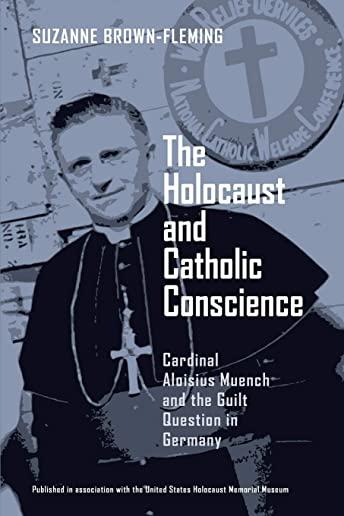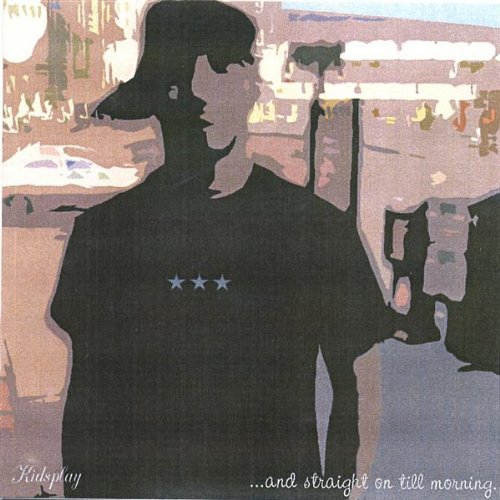
Brown-Fleming, Suzanne
product information
description
9American-born Cardinal Aloisius Muench (1889-1962) was a key figure in German and German-American Catholic responses to the Holocaust, Jews, and Judaism between 1946 and 1959. He was arguably the most powerful American Catholic figure and an influential Vatican representative in occupied Germany and in West Germany after the war. In this carefully researched book, which draws on Muench's collected papers, Suzanne Brown-Fleming offers the first assessment of Muench's legacy and provides a rare glimpse into his commentary on Nazism, the Holocaust, and surviving Jews. She argues that Muench legitimized the Catholic Church's failure during this period to confront the nature of its own complicity in Nazism's anti-Jewish ideology. The archival evidence demonstrates that Muench viewed Jews as harmful in a number of very specific ways. He regarded German Jews who had immigrated to the United States as aliens, he believed Jews to be in control of American policy-making in Germany, he feared Jews as avengers who wished to harm victimized Germans, and he believed Jews to be excessively involved in leftist activities. Muench's standing and influence in the United States, Germany, and the Vatican hierarchies gave sanction to the idea that German Catholics needed no examination of conscience in regard to the Church's actions (or inactions) during the 1940s and 1950s. This fascinating story of Muench's role in German Catholic consideration--and ultimate rejection--of guilt and responsibility for Nazism in general and the persecution of European Jews in particular will be an important addition to scholarship on the Holocaust and to church history.
member goods
No member items were found under this heading.
Return Policy
All sales are final
Shipping
No special shipping considerations available.
Shipping fees determined at checkout.







